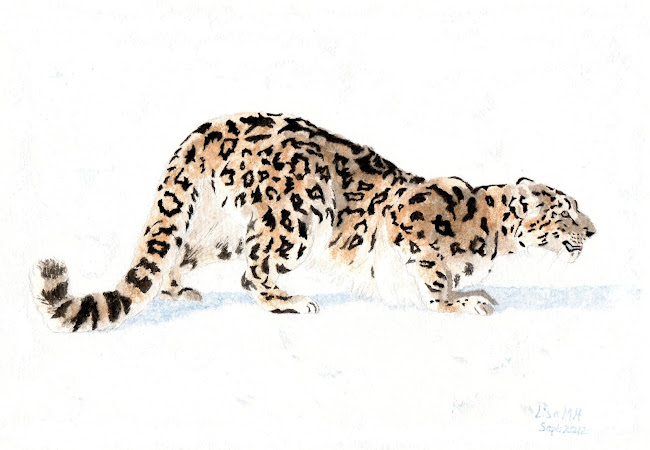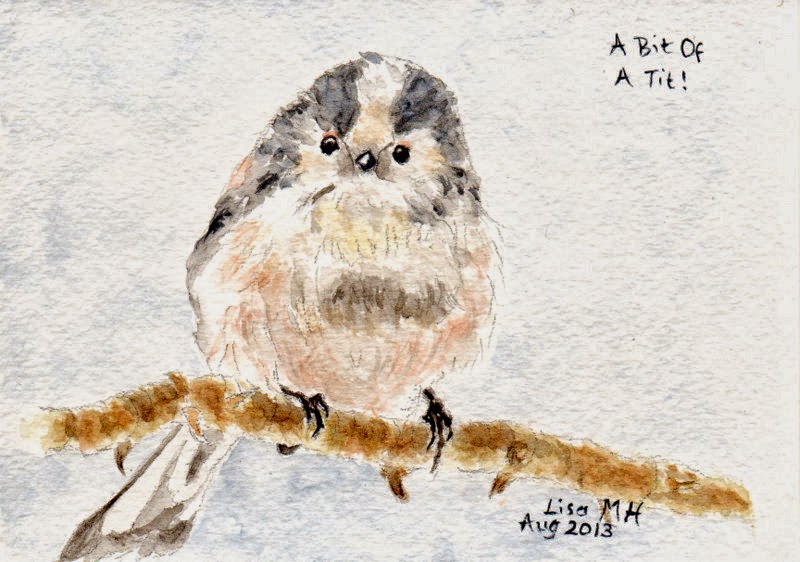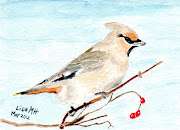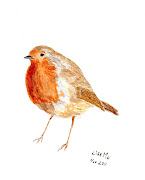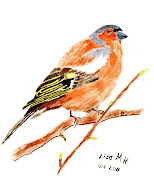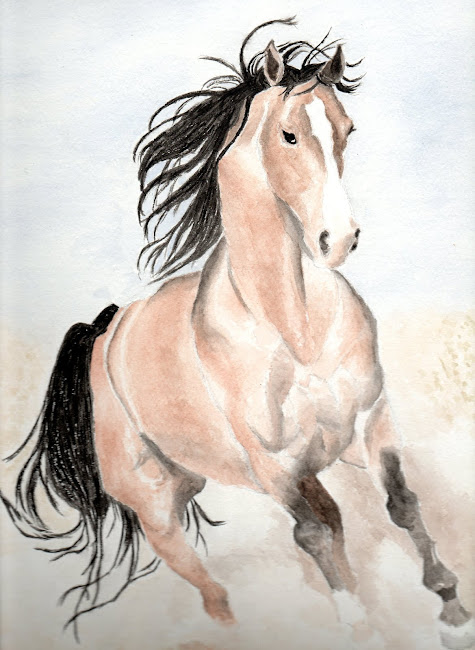“When I became a man I put away childish things, including the fear of childishness, and the desire to be very grown up.” C S Lewis
Are you a flapper, a rocker, a spinner, or maybe even a twitcher? In other words, do you stim? For the uninitiated it means self-stimulation (think hand-flapping, body rocking, spinning around in circles, etc - not masturbation!)
I stim, though, up until recently, I didn’t really understand why. I kind of thought it was just one of those peculiarities attributable to people with autism: yet another example of the difference between us and the non-autistic population.
Strangely enough, given its conspicuity, it’s one thing about myself of which I’ve never felt self-conscious. Of course, this could be due to the fact that I’ve been largely unaware that I’m doing it (difficult to feel self-conscious when you’re not even conscious); or that it’s considered an odd thing to do. Why would I? It’s part of who I am, what I do, so to me it’s perfectly normal. Plus, having perfected the art of avoiding looking at people (because I cannot read their facial expressions, nor simultaneously listen to, and look at, them), I have no idea whether they are looking at me, or exchanging questioning glances.
So it wasn’t until after I’d got my Asperger’s diagnosis, years later, that I discovered that people do, indeed, notice what to them is considered to be my odd behaviour. My best friend told me how some of the members at our local Alcoholics Anonymous meetings would stare and point at me in concern, directing their silent questioning at her to find out what was the matter with me, whilst I remained blithely unaware.
After all, it was perfectly logical to me to bend my body into a pretzel-shape to make myself as small as possible in order to hide (I also happen to have a problem with sitting ‘properly’, and stationary, on a seat); avoid all eye contact by staring at the floor; and then soothe myself by rocking. I was astounded to learn that it produced the opposite effect - that I made myself conspicuous, which to some people would even appear as if I was attention-seeking. Dread the thought.
My particular preferences are for rocking, hand-wringing, stroking (myself, particularly upper arms; and, if available, dogs, cats, soft toy animals, and anything else with a soothing texture), and patting/drumming/tapping (especially my upper chest, which produces a pleasant sensation, and a satisfying noise). I do these for their soothing and calming abilities, which makes perfect sense - think of how people rock, pat, and stroke babies. And yet some of those same people think we’re odd. Have they forgotten how soothing, and effective, such things were? Perhaps it’s because they expect us to have grown out of the need for such things: but then they don’t have a highly sensitive nervous system like ours.
I’m also a bit of a flapper, sometimes, though I don’t do it as frequently. This I do when I get excited about something - it’s like there’s a surge of energy that needs releasing, so madly flapping my hands helps. It makes me look like a sea mammal flapping its flippers, so we now refer to it as me doing my seal impersonation.
Oddly enough, until I found out I’m autistic, and then read about flapping, I don’t recall ever doing it before: unlike the others, which I know I’ve done throughout my life. It’s like I unconsciously started copying what I’d read. I did it with stammering, too: never stammered in my life until after my diagnosis (I’ve always been more prone to becoming mute than babbling, when anxious), then suddenly I couldn’t stop tripping over my words!
Having discovered that what I do has a name, I have become increasingly more aware of when, and why, I am doing it, which has given me the ability to choose whether I continue to do it or not in that moment (for instance, my best friend will sometimes tell me I’m rocking whilst we’re on Skype, which can make her feel a bit dizzy, and be rather distracting for her). What I have not consciously tried to do, though, is attempt to control it. And yet it has lessened, seemingly of its own accord.
I put this down to a number of factors. One is that, remarkably for me, I have accepted it as being part of my autism, and so haven’t tried to force myself to stop doing it (an approach which has never worked yet). Another is that the level of general anxiety I experience on a daily basis has reduced phenomenally over the last few years, which means an automatic lessening in the need to sooth and comfort myself via stimming. You can tell when I’m really anxious because I turn into a restless, rocking rambler again.
I believe that my improvement is due in part to the practice of the AA programme, which has led to an increasing faith and dependence upon a God of my understanding (spiritual, not religious), one of the results of which is a reduction in my anxiety about the world around me. Then there’s the practice of yoga, which has taught me how to calm myself, and control my anxiety, through the breath.
So, this may well sound like it’s a post about how to reduce stimming, which would totally conflict with the title, not to mention a large proportion of the content. On the contrary, it is, in effect, a celebration of what is, essentially, an intuitive, benign tool for self-care; and the fact that I have recently discovered a socially acceptable way of stimming. I kid you not.
Yoga. Seriously.
I can’t believe it’s taken me this long to realise it (I have, after all, only been doing it for twelve years), but it makes perfect sense. When we stim we are unconsciously stimulating the autonomic nervous system (responsible for, amongst other things, heart rate, breathing, and the fight or flight response). The practice of yoga does exactly the same thing. However, it wasn’t until I started supplementing my regular practice with Kundalini yoga a year or so ago that I made the connection.
Kundalini yoga employs a lot of quite vigorous exercises, which are called kriyas - a number of which actually look as if they were designed by autistics! Truly. So, not only am I absolutely, positively induced to try to bend myself into a pretzel shape with my usual yoga routine (something I was naturally drawn to doing before I ever came across the formal practice of yoga), but I now also get to spin in a circle, rock backwards, forwards, AND sideways, and flap to my heart’s content (with variations).
So I say flap like a loon if you feel the need; and if anyone questions what you’re doing, just tell them you’re practising yoga!


